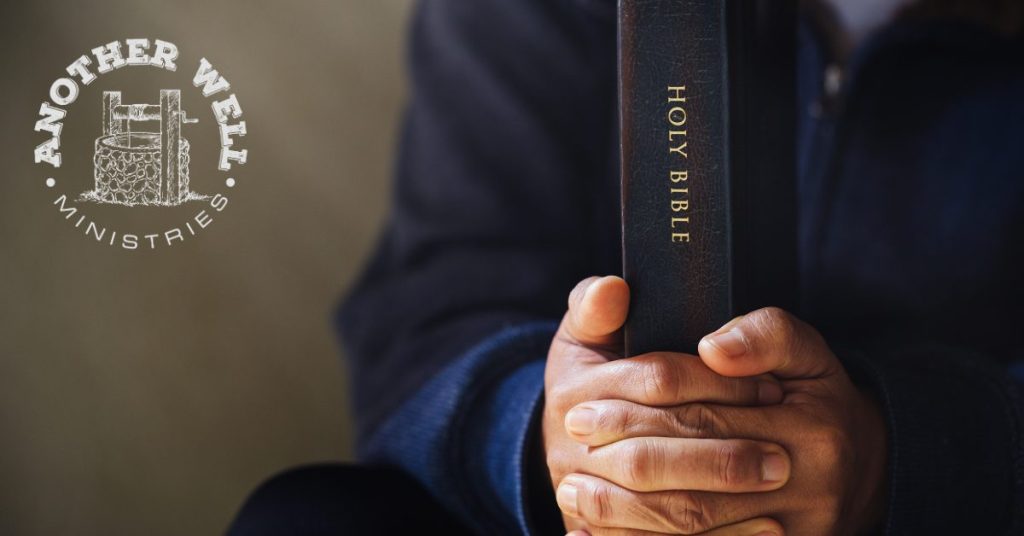WASHINGTON — The Biden administration “reached agreement on a framework” with House and Senate Democrats on how to pay for their budget reconciliation package, Senate Majority Leader Charles E. Schumer, D-N.Y., announced Thursday.
Any breakthrough on financing could resolve long-standing disputes among Democrats that have stymied progress on a sweeping tax and spending package designed to fulfill most of President Joe Biden’s domestic agenda.
“It’s a menu of options and it will pay for whatever” the agreed-to price tag ends up being, Schumer said.
The announcement of a preliminary agreement, described only in vague terms, came one day after Biden held talks at the White House with warring factions of the Democratic caucus in an effort to broker a deal.
Moderates have balked at a $3.5 trillion price tag, while progressives have been unwilling to vote for a bipartisan infrastructure bill unless the reconciliation package is passed in tandem.
Speaker Nancy Pelosi, D-Calif., suggested at a news conference that a final price tag was not yet settled. But she said Democrats had reached agreement in broad terms on the elements of the package and ways to pay for it.
“We have plans that are not punitive … but we do want everyone to pay their fair share,” Pelosi said.
She said the House Budget Committee would soon announce they’ll be marking up that chamber’s reconciliation package, cobbled together from 13 committees, in a “timely fashion” in order to get it to Rules where changes could be made.
But Pelosi and Schumer offered little explanation of the agreement. Pelosi described it as “an array of agreements that we have depending on what the need is.”
Senate Finance Chair Ron Wyden likewise wouldn’t divulge details of the apparent offsets pact, except to say he was in the discussions when the agreement was reached.
“We’ll have some more to say later,” the Oregon Democrat said. “I’m going to stay with the statement that we all joined in together … this goes through the Finance Committee, it went right to the heart of what we need in terms of tax fairness in America. And that’s where we are this morning.”
Rank-and-file lawmakers seemed surprised by the announcement. Sen. Mark Warner, D-Va., a Finance panel member, told reporters, “I’m almost as anxious to get that information as you are.”
Last week, the House Ways and Means Committee approved roughly $2.9 trillion worth of offsets, including $2.2 trillion in tax increases with the remainder coming from prescription drug spending cuts, although the latter hadn’t been officially scored yet by the Congressional Budget Office.
Sen. Joe Manchin III, D-W.Va., and other moderates have been skeptical that taxes could rise by that amount and not affect U.S. economic competitiveness. Other Democrats have opposed the key piece of the prescription drug pricing plan — mandatory negotiations with pharmaceutical companies to drive prices down to rates comparable to those in several other major developed economies.
The fiscal 2022 budget resolution allows Democrats to add as much as $1.75 trillion to deficits for the social spending, climate and tax package, though party leaders have said they want to go further and pay for more if not all of it.
Pelosi likewise hedged on whether the agreement would resolve a stalemate on the bipartisan infrastructure package and convince progressives to vote for that measure. A House floor vote on infrastructure had been scheduled for Monday.
“We take it one day at a time,” Pelosi told reporters. “I’m confident that we will pass both bills.”
———
(Jennifer Shutt contributed to this report.)
Support The Liberty Loft by donating via PayPal or donate with crypto. Your support helps us achieve our mission to deliver conservative news and opinion. You can find us on a wide variety of social media channels or subscribe to our notifications to receive all the latest information as it is released.







Comments 4